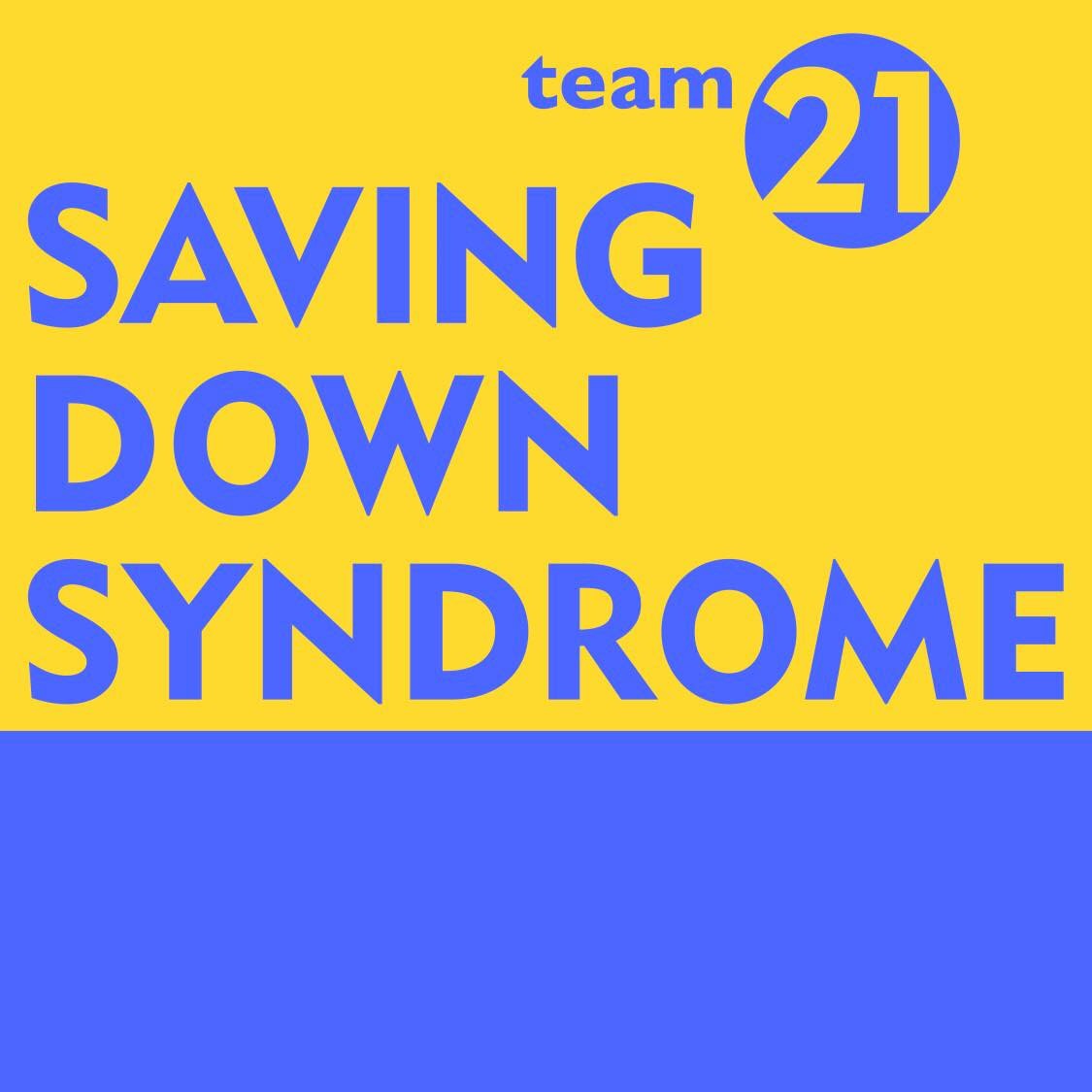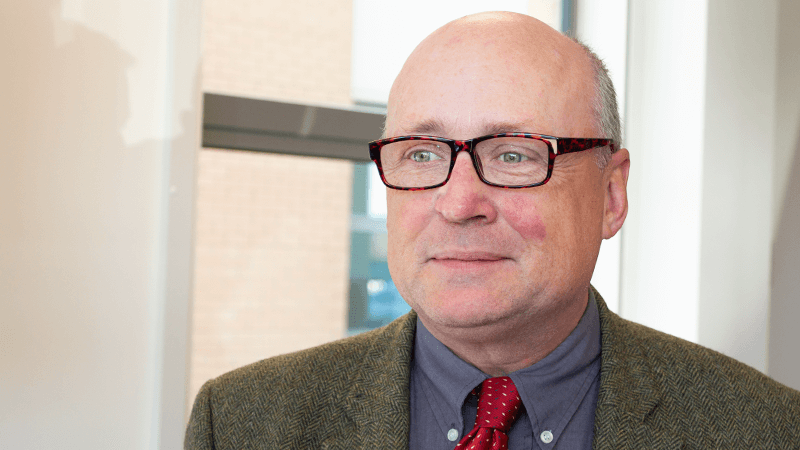“Equality in value and worth is the foundation of civilisation”
Part 2
In most of the countries where abortion is legal up to a specific gestational age, there are exceptions in cases of “serious congenital or genetic disorders” that allow abortions up to term. Historically speaking, can you provide any insight into the argumentation for such legislation – what arguments, if any, were provided and if there were any, where do they stem from?
In the UK, it was only in 1990 with the Human Embryology and Human Fertilisation Act that abortion law allowed prenatal disabled children to be aborted up until birth. This means that physicians can even cite disabilities such as cleft palate or a malformed hand as ‘serious abnormalities’ deserving a late abortion.[1] This came about through a kind of last-minute haggling and trade-off in Parliament in 1990 in exchange of other provisions that were being proposed. It was not really thought through.
What do you think is the reason for numerous and world-wide negative experiences people have with medical practitioners advising or pressuring them to terminate in the case of an indicated or diagnosed Down syndrome pregnancy?
I believe a number of medical practitioners are not sufficiently trained to give impartial advice. They should also remember that they are experts in medicine but that the notion of a ‘value of life’ is beyond the realm of medicine. In addition, many may not have sufficiently thought through their own value system. They should be challenged about this and whether they actually believe that all persons are absolutely equal in value and worth. Finally, they should learn to see all persons as having immeasurable value and not just see disorders, problems and dysfunctions.
Do you discern any promising lane of reaching the universal illegality of eugenic choice from the very start of a biologically human life with congenital or genetic untypicality?
I believe we have to remind society, again and again, that everybody is absolutely equal in value and worth, no matter how young, old, abled or disabled they are. That is the foundation of civilization. Without the concept of equality in value and worth of all individuals, civilised society would eventually collapse.
Recent PR articles and studies indicate that there are some developments regarding the setting up of the algorithms and the methodology of prenatal testing for Autism Spectrum Disorder. What would be your thoughts and insights on that?
If the prenatal testing is performed in order to better welcome the prenatal child into society and for the benefit of this child, then I would support the procedure. If, on the other hand, the prenatal testing is undertaken with the aim of aborting any child with a disorder, I would find this barbaric and eugenic.
Is there any state-regulated framework regarding data privacy concerns that may be raised concerning cfDNA and NIPT, accounting for the vast pool of genetic information obtained?
I am not quite sure if any such framework exists. The use of biomedical data is regulated at the Council of Europe level. Whether it is sufficiently regulated to address all possible concerns is another matter.
Regarding Heidi Crowter’s case in the UK: what would be the consequences of a ruling against Heidi’s legal challenge? And if she wins, what consequences for the prenatal screening apparatus and the countries with similar laws do you expect?
I believe that Heidi Crowter’s case is extremely important. If she loses, the message given to society would be that people like her should not exist. That there is such a thing as a ‘life unworthy of life’ which was one of the main Nazi slogans during the Third Reich. It would also mean that every person in society would be able to be categorised on a scale of value and worth.
If Heidi Crowter wins, on the other hand, it would mean that any eugenic procedure is unacceptable because all persons, and all possible future persons, are completely equal in value and worth. And if all future persons are equal, any (eugenic) selective procedure becomes meaningless.
[1] Surgical Interventions for Congenital Anomalies, Farmer D, Sitkin N, Lofberg K, Donkor P, Ozgediz D. Essential Surgery: Disease Control Priorities, Third Edition (Volume 1). Washington (DC): The International Bank for Reconstruction and Development / The World Bank; 2015 Apr. Chapter 8
Image by The Christian Institute


